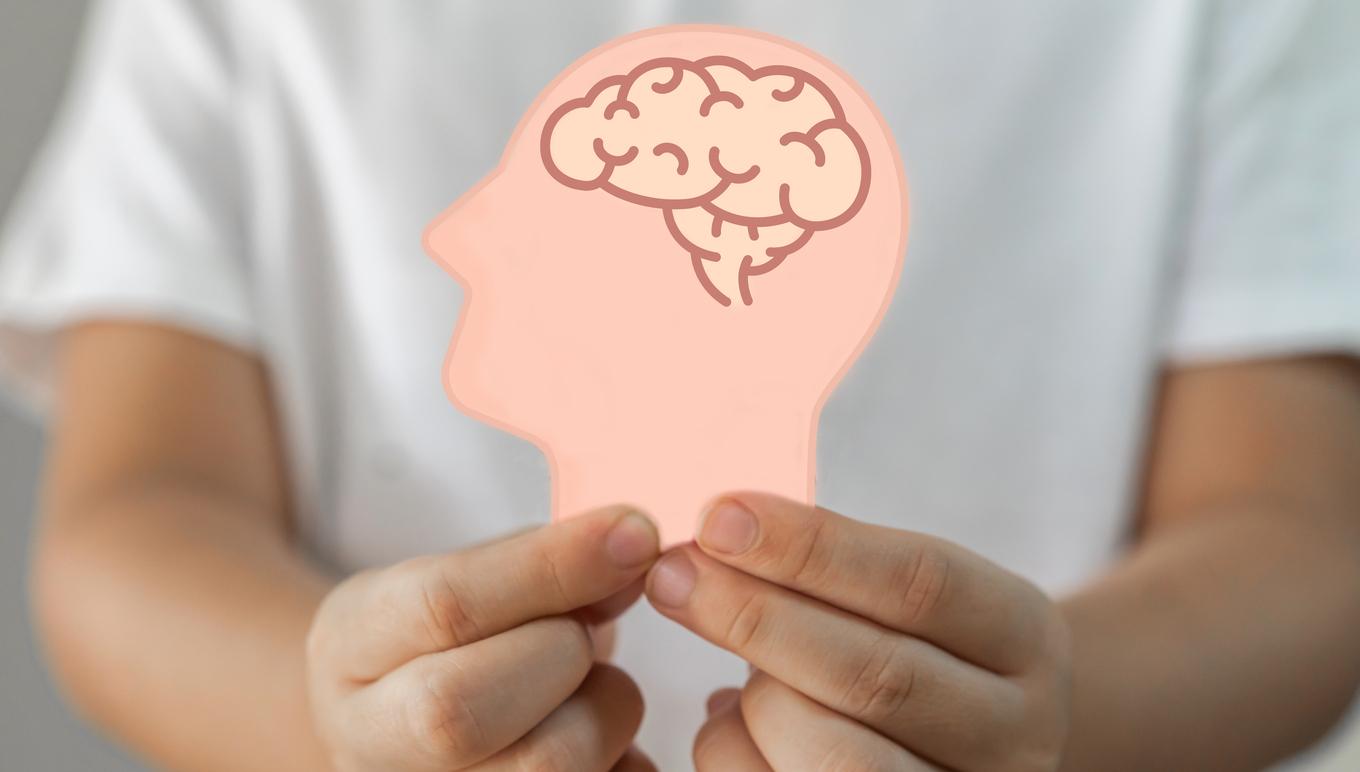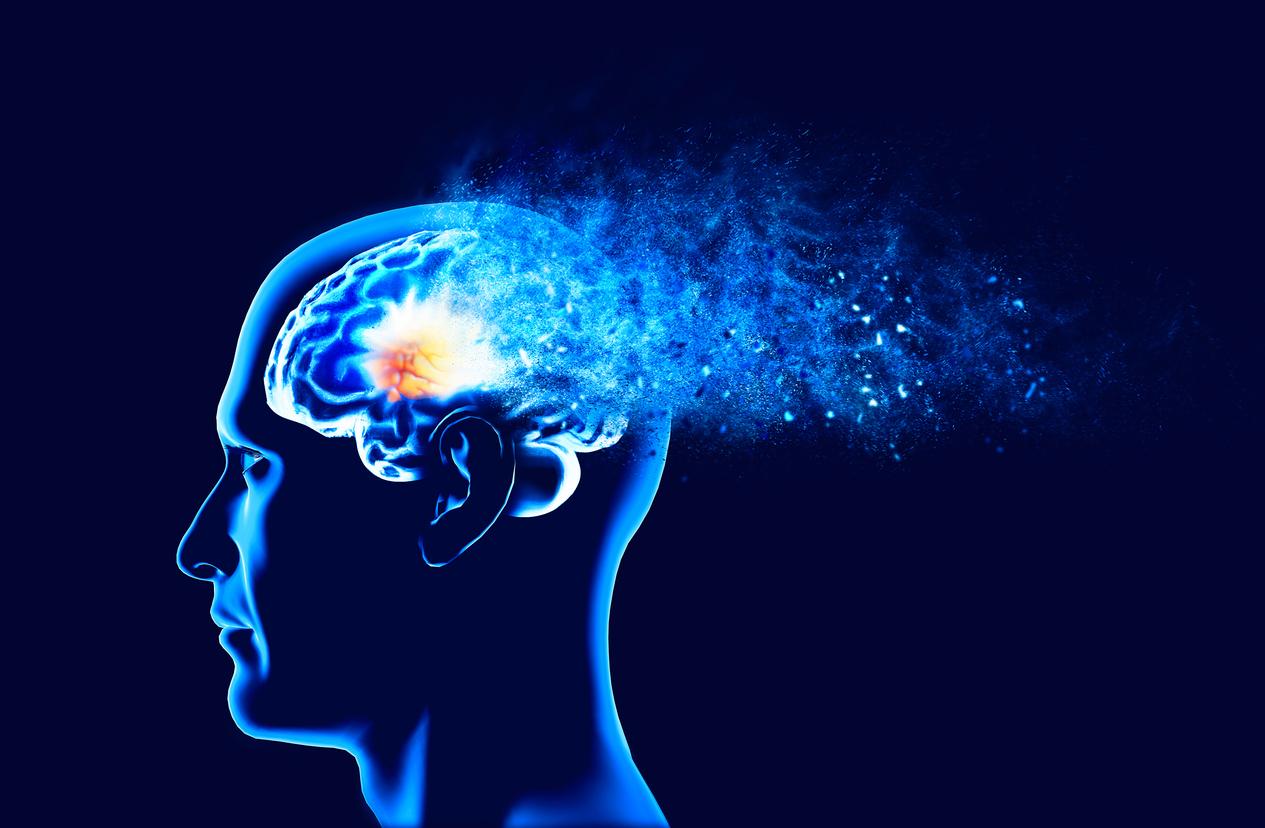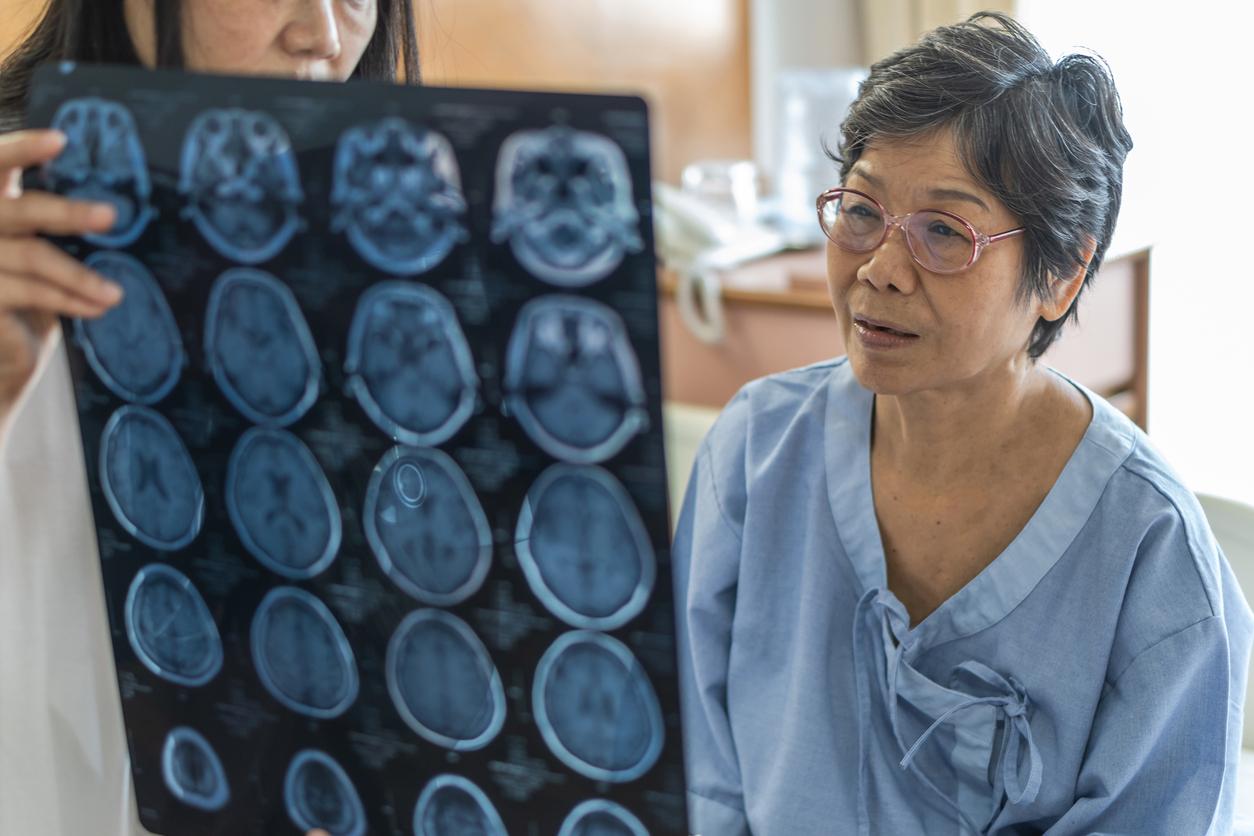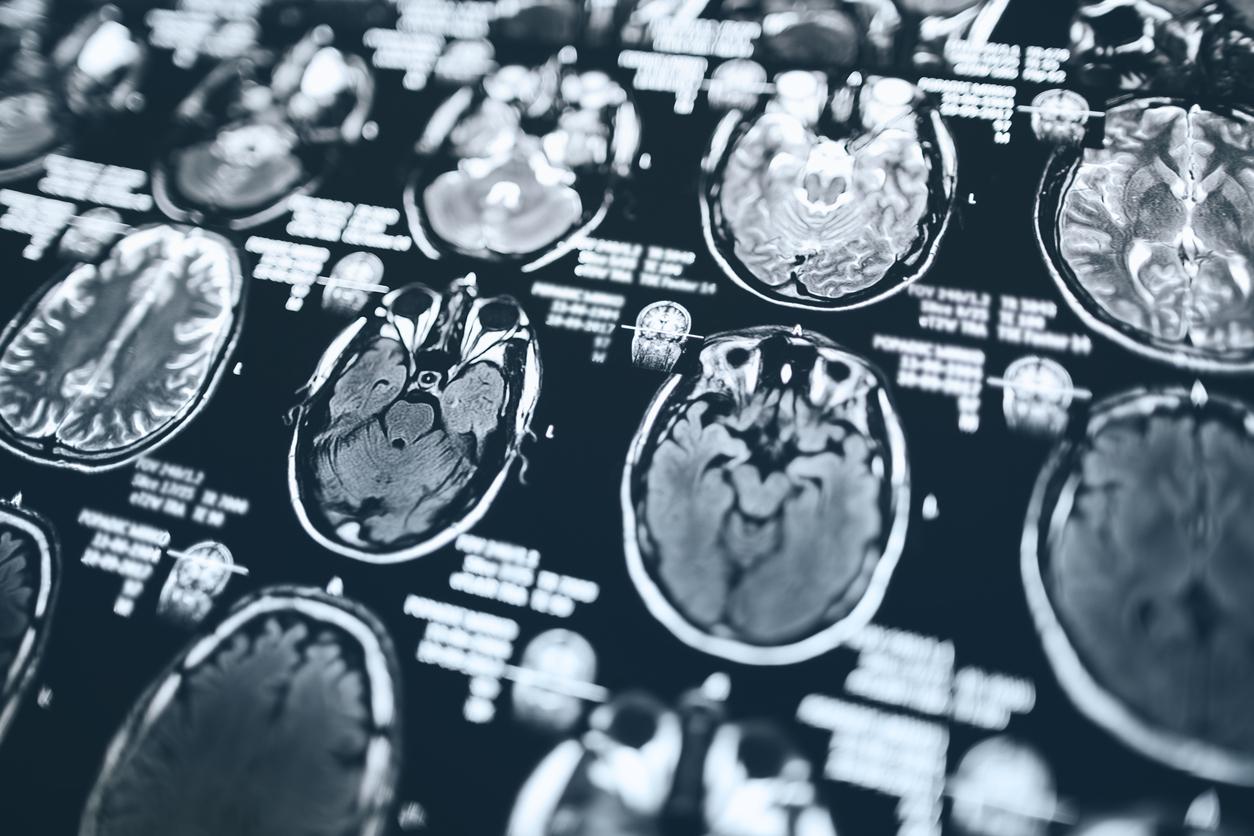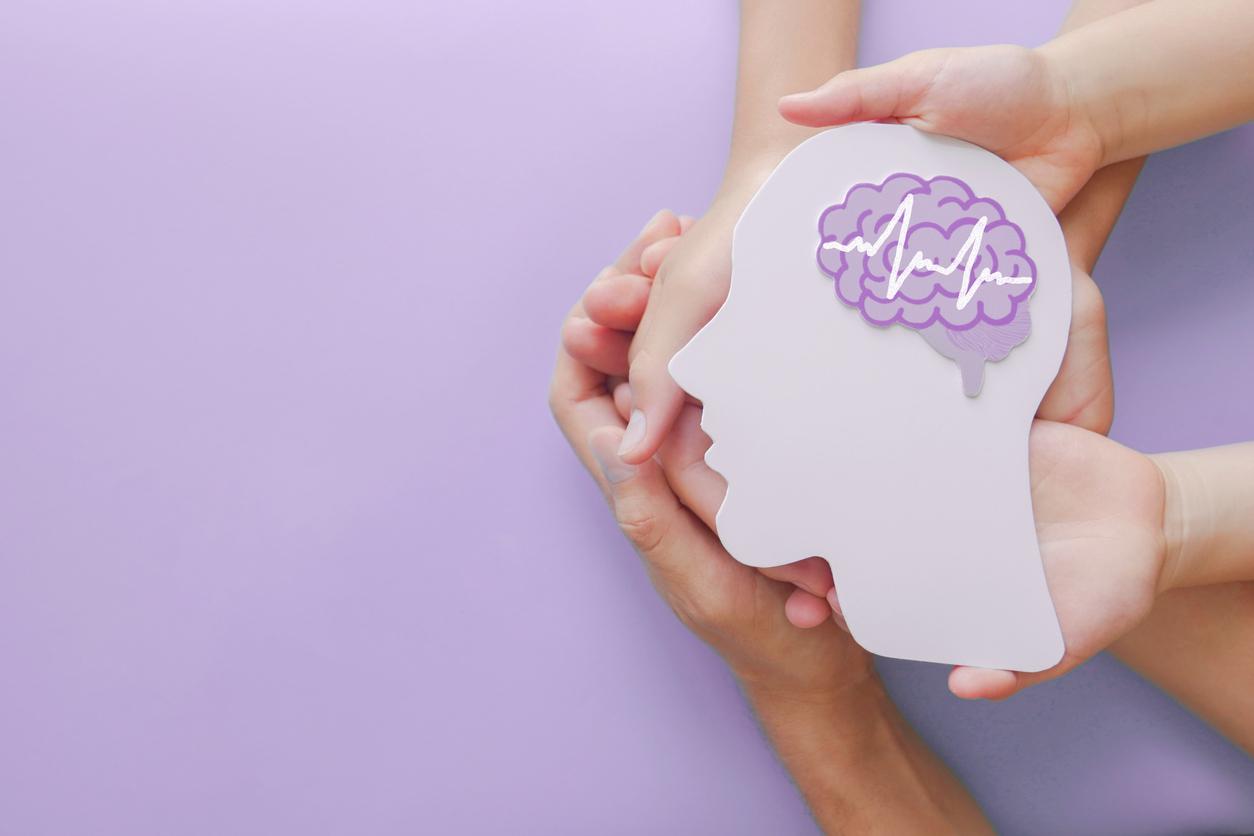This new study published in the Journal of Alzheimer’s Disease provides a better understanding of the nature of the difficulties encountered by people with Alzheimer’s disease in recognizing familiar people. Highlighting that the difficulty in recognizing faces could come from a difficulty in global perception, and not just from a memory problem, could make it possible to find therapeutic solutions to delay this moment and reduce the risk of misunderstanding. between patients and family.
Researchers at the Research Center of the University Institute of Geriatrics of Montreal (Canada) studied the ability to perceive photographs of faces and cars upside down and upside down in people with Alzheimer’s disease and in healthy elderly people. Because face recognition plays a fundamental role in human communication and man has developed specific expertise to detect and recognize a face very quickly. This faculty is based on the ability to perceive a face as a whole.
The findings of the study showed that people with Alzheimer’s disease had normal performance in recognizing upside-down and upside-down cars, indicating that visual perception difficulties relate only to faces. This effect was observed at an early stage of the disease.
“People who suffer from Alzheimer’s disease performed similarly to the control group in response accuracy and processing speed of faces and upside-down cars. For these tasks, the brain must process the information perceived by the eye in a detailed and local way, by analyzing the different components of the image. On the other hand, people with Alzheimer’s disease were much slower and made more errors than healthy subjects for upright faces. This leads us to believe that it is precisely the overall recognition of the face that is altered”, explains Dr. Joubert.
Hope for patients
“This study paves the way for the implementation of new strategies for patients to recognize their loved ones for longer, such as working on recognizing the particularities of faces or relying on other senses (recognizing the voice), etc. concludes Dr. Joubert.
Read also:
Alzheimer’s disease: sport would be effective for living with the disease
Alzheimer’s: ultrasound would restore memory
Alzheimer’s: memories could be recovered












